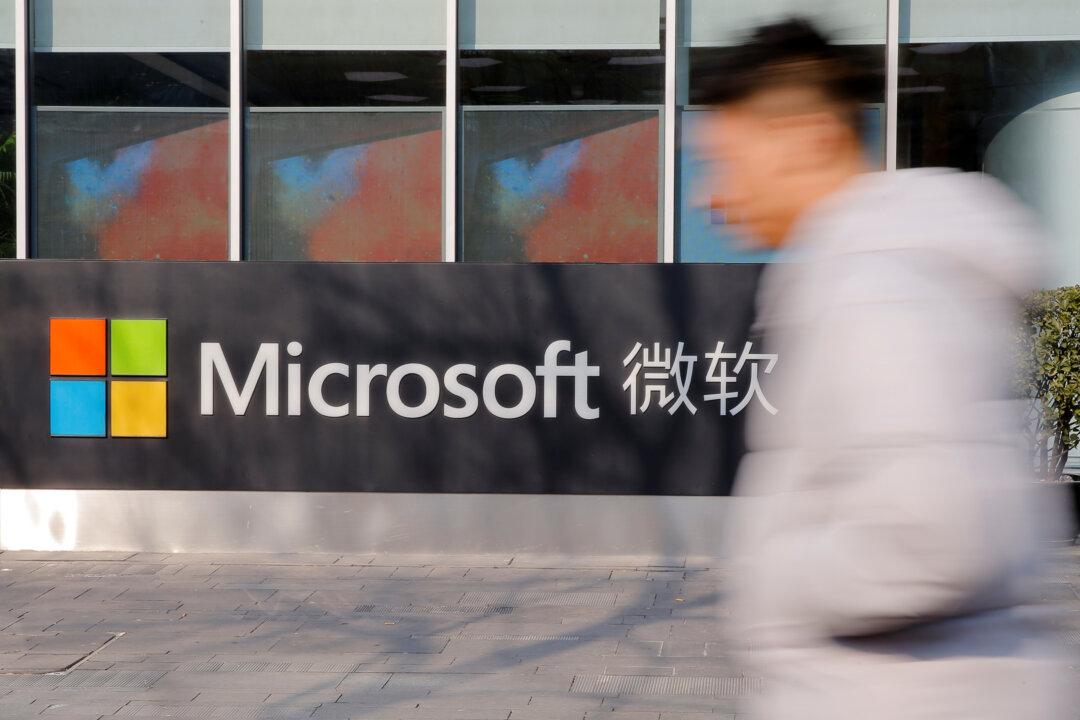Microsoft Corp’s Bing search engine was accessible for some internet users in mainland China late on Jan. 24, indicating that online access to the foreign technology service may have been restored within the country’s Great Firewall.
Bing’s website was accessible on mobile as well as broadband connections, though some users still reported occasional difficulties and it was not clear whether resumption to service was temporary or permanent.





